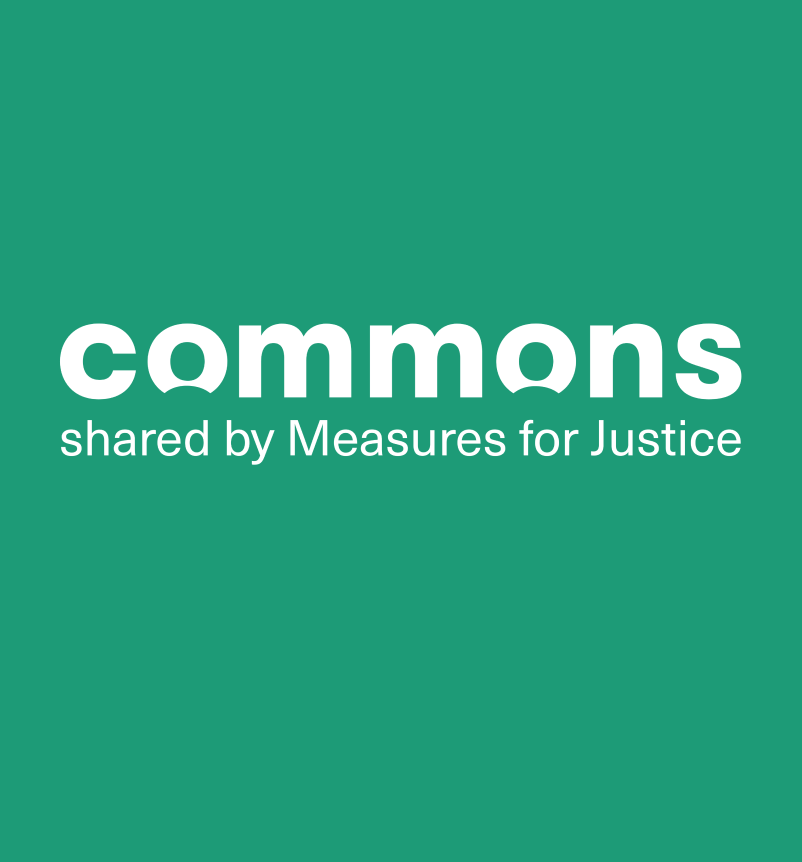Woodland, CA) – January 25, 2022 – On January 25, 2022, Sacramento Superior Court Judge Judith S. Craddick reinstated the Temporary Restraining Order (TRO) against the California Department of Corrections and Rehabilitation (CDCR) preventing CDCR from awarding 66% custody credits to so-called “nonviolent” second-strikers until an appeal is filed. This ruling allows the Third District Court of Appeals to consider the issues raised in the trial court’s previous denial of a preliminary injunction.
On December 30, 2021, Judge Ray Cadei issued the TRO against CDCR preventing them from awarding those additional credits (See Previous Press Release). On January 20, 2022, the Court declined to issue a preliminary injunction allowing CDCR to begin issuing those credits. This morning the Court reissued the TRO pending the filing of an appeal by 28 elected District Attorneys.
Sacramento District Attorney Anne Marie Schubert filed the lawsuit in Sacramento Superior Court. “CDCR believes they can increase conduct credits by 100% without ever giving victims and the public the right to meaningful participation in this process,” stated Schubert. “Most people would be surprised to learn that under California law, crimes like felony domestic violence and human trafficking are not ‘violent’ felonies. An individual with a prior violent felony record who is convicted of felony domestic violence should not be serving 1/3 or less of his or her sentence. I am pleased that the Court reinstated the TRO against CDCR today as this is a critical public safety issue for crime victims and all Californians. Proposition 57 and the California Constitution guarantees the public and crime victims the right to be heard in a public forum. This lawsuit is simply asking that CDCR honor the Constitution and the will of the voters.”
Yolo County District Attorney, one of the 28 District Attorneys to file the lawsuit, applauded today’s ruling. “It’s critical that decisions that reward credits to individuals with violent criminal histories be handled transparently and not behind closed doors,” said Reisig. “Many individuals in state prison have earned the right to get credits, one example being those working in the fire camps. Credits are a means to reward and incentivize. People who have done nothing to rehabilitate should not automatically be rewarded credits.”

